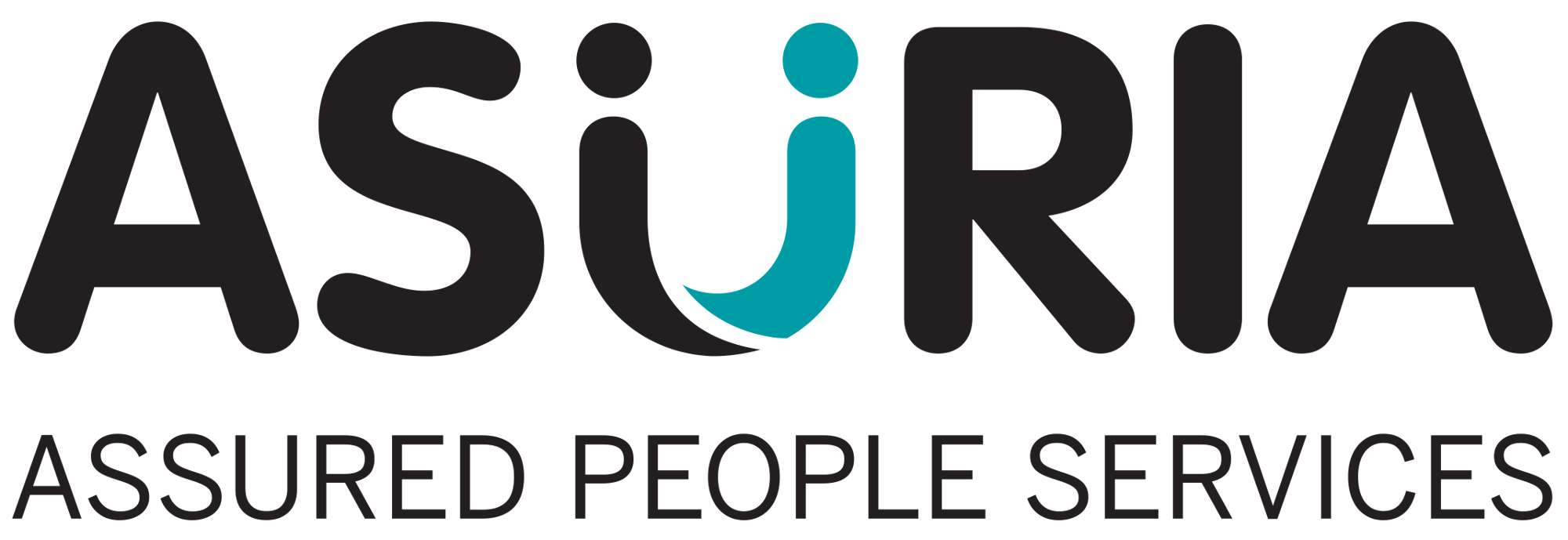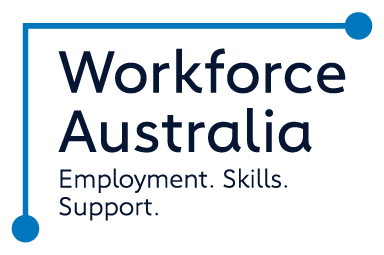Searching for a job can be intimidating, especially when you have a visual impairment. But you’re certainly not alone. The Australian Institute of Health and Welfare (AIHW) reports that over 13 million Aussies have a chronic eye condition.
Nonetheless, according to Blind Citizens Australia, one of the most significant challenges faced by people who are visually impaired is finding and maintaining employment. Fortunately, there’s never been a better time to find fulfilling work. Between technological innovations and inclusive employers, there’s a position out there for you.
We’ve put together our best job seeker tips for the visually impaired.
1. Start with the Discovery Process
Before you start reading through job listings or sending out applications, take a step back and participate in our Discovery process as part of a Disability Employment Services (DES) program. At Asuria, we concentrate on your strengths, but we need to get to know you before we can do that.
Our Discovery process allows you to lead the way as we learn about your skills, interests, preferences and long-term career goals. With this information, we’ll brainstorm with you all the possibilities for your path forward.
If you haven’t been through a similar process before, you will probably find it exciting. You might find yourself considering new avenues that you never thought about before. Sometimes, an apprenticeship program or further training will help you to achieve your goals. Or, you might be ready to plough forward right away.
2. Meet with a Job Coach
Since your path toward a fulfilling job won’t be identical to anyone else’s, it’s helpful to have a mentor as your guide. Your Asuria Job Coach will have your back at every step, get to know the real you, and importantly, help employers understand the real you.
A Job Coach knows about the range of government programs and services designed to assist you in your job search. Some of those programs include ParentsNext, Transition to Work, Disability Employment Services, jobactive, Jobs Victoria, Time to Work Employment Services and New Business Assistance with NEIS.
One or more of these programs might be helpful to you. But that’s not where the assistance ends. Asuria Job Coaches work with many different people, and therefore, they’ve seen people in your shoes before. As a result, they can share what’s worked well in the past and put you in touch with people who understand the challenges posed by visual impairments.
3. Prepare Your Resume
Employers want to see what kind of skills, training, experience and education you have that could benefit their companies. That’s why it’s essential to put together a resume at the beginning of your job search.
If you previously created a resume, it’s time to update it to include the following:
- - New skills you’ve acquired
- - Training programs you’ve completed
- - Work information
- - References.
If you haven’t created a resume before, don’t worry, your Job Coach can help. Employers will quickly see whether you’re a good fit for their organisation with a polished, comprehensive document explaining your talents.
4. Practice Your Interviewing Skills
In addition to your resume, an interview can help potential employers get to know you. They’ll want to meet you and find out if you’re a good fit for the position.
But job interviews can be scary, especially if you have little or no experience with them. Fortunately, practice can take some of the pressure off. Again, your Job Coach can be tremendously helpful with your interview preparation.
These days, it’s not uncommon to have online interviews, so you’ll need to prepare for that possibility. It’s also important to think about common interview questions and plan how you would answer them. Practice does make perfect, even when it comes to job searches, so practice with your Job Coach and even your family and friends.
5. Talk About Accommodations
For many years, people with visual impairments faced high rates of unemployment. However, recently developed technologies (like screen-reading, magnifying software and Braille displays) open up all kinds of opportunities.
Some employers already know about these innovations, but many don’t. Working with your Job Coach, you can plan to introduce potential employers to new technologies that help you contribute your talents.
6. Plan for Your Transition
When you land a job, pat yourself on the back and celebrate! And don’t stop meeting with your Job Coach because the transition to a new job can be a bit stressful.
Your Job Coach will continue to check in with you and find out how your training is going and if you need any additional support. Staying in one job for the long term will give you a sense of belonging and teamwork, and you’ll develop lasting relationships with your coworkers and leaders.
Start Your Job Search!
There’s never been a better time for people with visual impairment to find satisfying employment. If you’re ready to start the Discovery process, reach out to us at Asuria. We believe in you, and we’re here to help you along the way.








